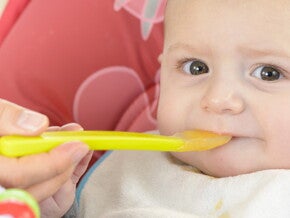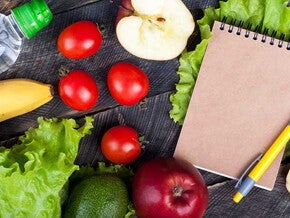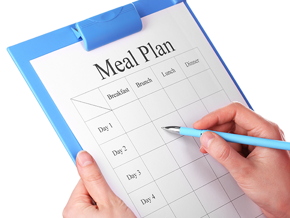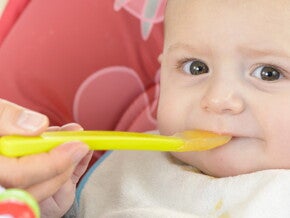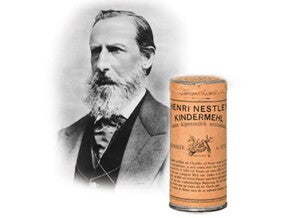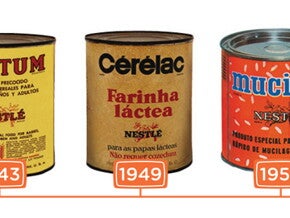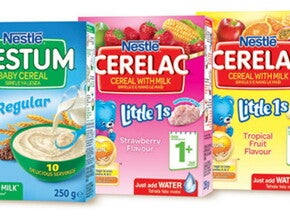
Q: All sugars are bad
A: FICTION:
Not all sugars are created equal and therefore not all sugars are bad. The main role of food is to provide energy and nutrients for growth and development. To fulfil the increased need for energy and specific nutrients during the growing years of your little one, as well as to move progressively towards a more diversified diet, starchy foods like cereals, vegetables and fruits which contain natural sugars must be included in the diet of your child. Even breastmilk contains around 43% sugar in the form of lactose!
Q: Added sugars are not digested well by a child
A: FICTION
Added sugar means simple sugars like sucrose (white/brown sugar), glucose, fructose (the sugar found in all fruits and many vegetables, fruit juice and fruit concentrates), but also honey (mainly fructose and glucose and glucose syrup. Added sugars are often used for taste and technological purposes in the products we eat. From a nutritional point of view, there is no specific need for adding sugar to foods as foods containing natural sugars provide enough energy. On the other hand, your healthy child will not have any issues with digesting these simple sugars. From a digestion point of view, the human body is designed to digest carbohydrates which includes these sugars, but that does not mean because we do not have difficulty in digesting it we should consume extra ordinary amounts of it! Consider all the hidden sugars in the food we consume, think about jams, tomato sauce and many other condiments, fizzy drinks, etc. It is always a good idea to read the label and look for where the sugar is indicated on the ingredient list…. The closer it is to the beginning the more sugar is in the product. However be sure to understand what kind of sugar is referred to so look out for the different types of sugars such as fructose and sucrose on the label.
Q: Children can become accustomed to sweet foods
A: FACT
The use of sweetened foods may accustom toddlers and children to sweetness, resulting in a preference for sweet foods later in life, and a refusal of less sweet options – consider vegetables with or without added sugar. Paediatricians recommend that toddlers and children should be introduced to the natural tastes of different food ingredients, and not to the expectation that their foods and drinks will always be sweet.
Q: High sugar intake leads to both short and long term risks in children
A: FACT
The immediate effect of high intakes of sugars is a quick increase of blood sugar levels and subsequent insulin secretion. This is a normal regulatory process of blood sugar levels, but frequent spikes and drops of blood sugar levels is not advisable to anybody. Long term, there is growing scientific evidence that too much and/or too frequent consumption of added sugar may lead to dental caries and weight problems later in life. It is also interesting to note that consumption of sugary fizzy drinks often coincide with the consumption of fatty foods such as burgers/pizza or other fast foods, hence the correlation with overweight. So it is best to limit the consumption of all added sugars to prevent these risks.
TIPS FOR REDUCING ADDED SUGAR:
- Encourage your child to eat more unsweetened products and foods thus allowing them to get used to more natural tastes of foods. This will also encourage future healthy eating habits
- Remember children seem to have an innate preference for sweet foods so it is important to encourage a variety of foods to teach them healthy eating habits now
- Rather use fruit and milk to sweeten food than table sugar
- Instead of adding sugar to food to get children to eat, consider the presentation of the food. The format (i.e. forms, consistency etc) of your child’s food can improve the likelihood that he will eat it. So find the formats that your child finds most attractive and use these at mealtimes to get your child to eat.
- Limit added sugar to a maximum of six teaspoons (One teaspoon of sugar is 4g) a day of TOTAL added sugars. This includes added sugars in already prepared foods – so check the ingredient statement for any added sugars before you put it in the trolley.

